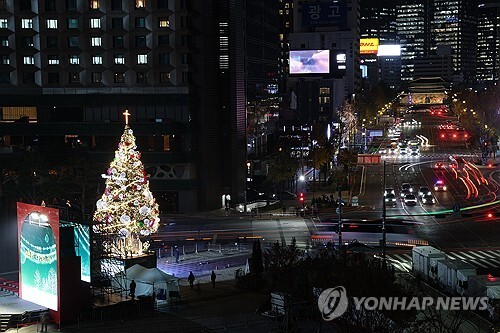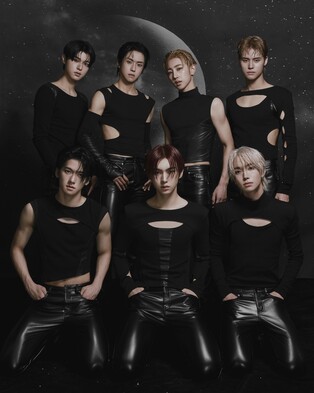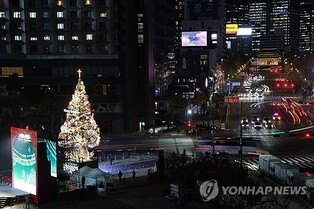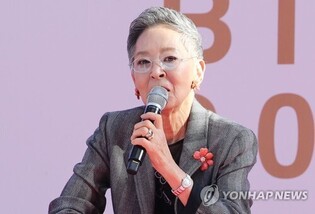dailies-editorials (2)
(EDITORIAL from Korea Times on July 13)
Nuclear power renaissance
Korea should pursue balanced energy mix with renewables
The Yoon Suk Yeol government is speeding up its switch from renewables to nuclear energy for Korea's "green transition."
"Many private companies stressed the need to expand electricity supply capacity, including building new nuclear power plants," the Ministry of Trade, Industry and Energy said Monday.
The statement came after Minister Lee Chang-yang chaired the 29th Energy Committee meeting. By introducing proposals made by private companies, the ministry effectively formalized the construction of new nuclear power plants. The Ministry of Trade, Industry and Energy (MOTIE) has also decided to accelerate the 11th Power Supply and Demand Plan timeline, originally due in 2025.
After he took office 14 months ago, Yoon repealed his predecessor's nuclear phase-out policy. But Yoon has mainly remained content with extending the operational life of old atomic power plants and resuming the construction of suspended ones.
His government is now going further by building new atomic power plants.
However, it must think harder. The ministry contends that Korea needs more nuclear power stations to increase its power supply capacity for semiconductor and secondary battery plants. It is hard to deny the demand for more electricity generation for economic growth. But the ministry's policy switch has at least two problems ― unless supplemented by an equal emphasis on renewables.
First, it runs counter to trends in the most advanced countries ― with the notable exception of the U.K. and probably the U.S. ― from nuclear to renewable energy. Moreover, the share of renewable energy in Korea's energy mix has remained at around 7 percent, compared to the average of 12.1 percent for the OECD, a club of 38 wealthy nations, in 2022. In contrast, the proportion of nuclear energy in this country was high, at 30.2 percent, more than three times the 9.2 percent for the world.
Second, while relatively clean and compact, nuclear power plants come with high costs ― financially, environmentally and strategically.
The long period for designing and winning approval for a reactor pushes up its cost enormously. Even the recently popular small modular reactors (SMRs) could cost up to 12 trillion won ($9.3 billion) per unit. Moreover, the world has yet to develop a permanent solution for spent fuel. Few regions are willing to host a waste storage facility. Even if there are volunteers, a temporary repository takes as long as 15 years to build. The two Koreas are still technically at war. Too many nuclear power stations in the South could expose it to strategic vulnerability.
The nation has a long way to go before fulfilling its commitment to curbing greenhouse gas emissions. Five years ago, Korea promised to reduce its emissions by 40 percent to their 2018 level by 2030 and attain net-zero emissions by 2050. To hit the target, the nation must reduce emissions by 5.4 percent yearly, compared to an average of 2 percent for the EU and 2.8 percent for the U.S. The "decarbonization" blueprint of the incumbent government is not much better.
All this shows why nuclear power plants, despite their various problems, are getting more support even from environment-sensitive progressives.
With its small, mountainous terrain, it will be challenging for Korea to adopt a zero-nuclear power plant policy like in Germany. But that should not be a reason for the incumbent administration to flip-flop on its predecessor's energy mix by increasing the share of nuclear energy to 32.4 percent and lowering renewables to 21.6 percent +α. The government is also trying to replace RE100 ― a global corporate renewable energy initiative bringing together hundreds of large and ambitious businesses committed to 100 percent renewable electricity ― with CFE (carbon-free energy), including nuclear energy.
That will require tremendous efforts to avoid the EU's "green barrier," discriminating against businesses not keeping the RE100 rule, which does not recognize atomic energy as renewable.
According to some reports, the government estimated the nation needs six new atomic power plants. We hope it pedals more slowly. Nuclear omnipotence will prove as risky, harmful and costly as environmental fundamentalism.
(END)
(C) Yonhap News Agency. All Rights Reserved

















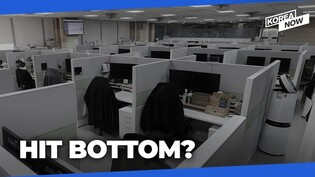
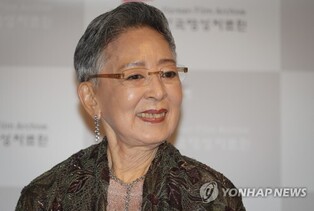

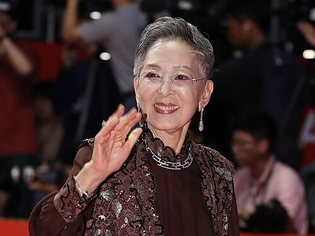
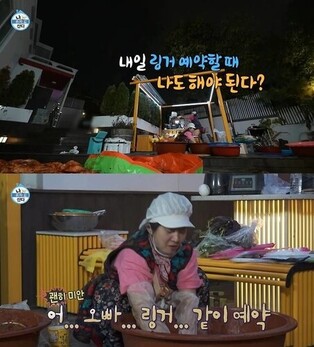
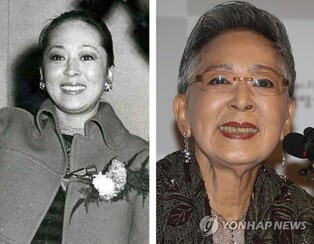
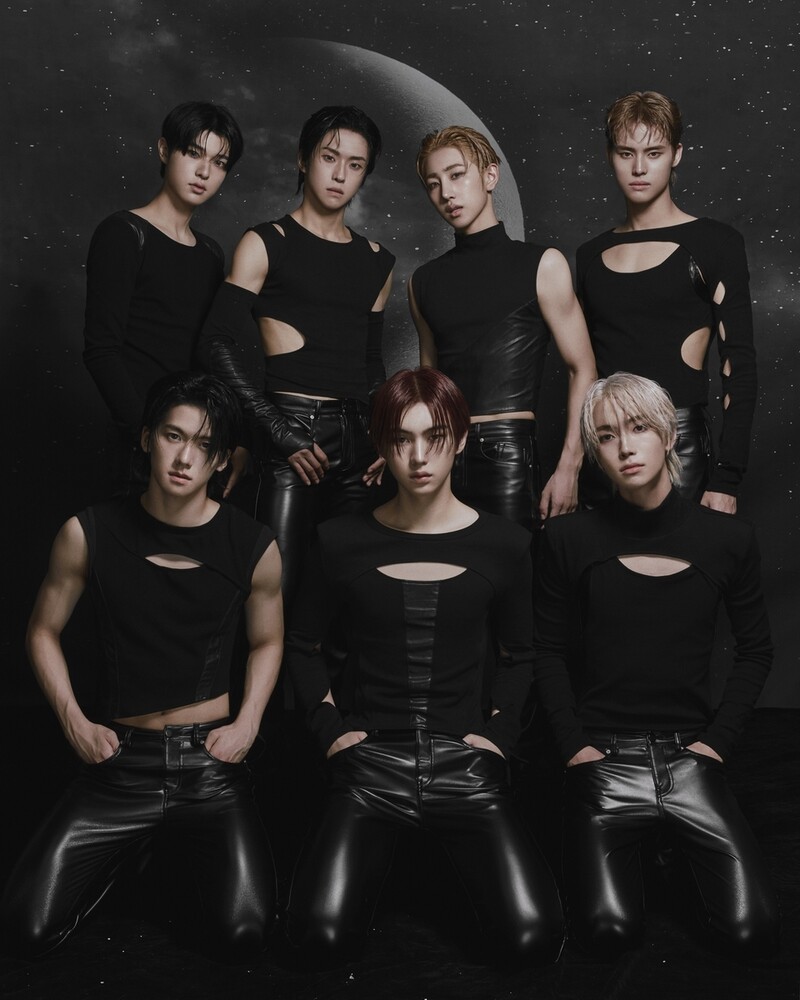
![[가요소식] 지코, 요아소비 이쿠라와 신곡](/news/data/20251212/yna1065624915953509_920_h2.jpg)
